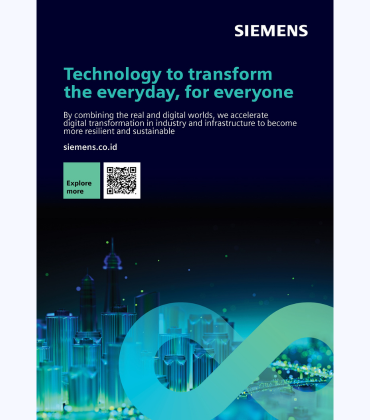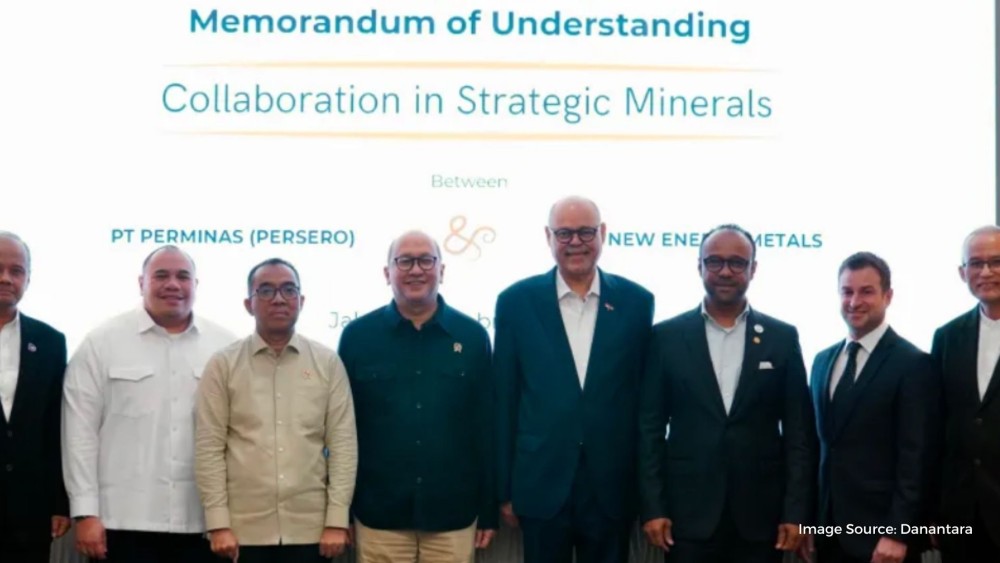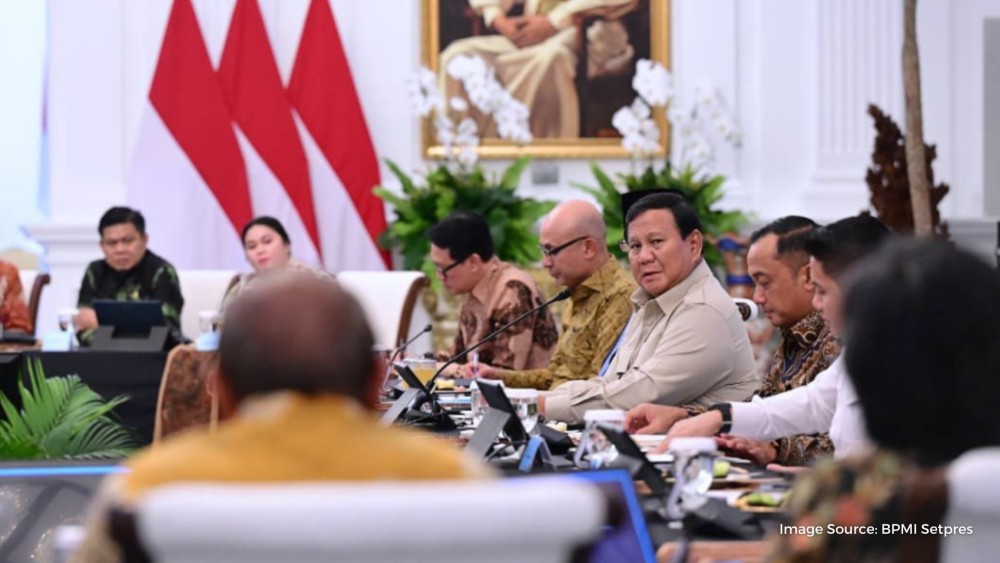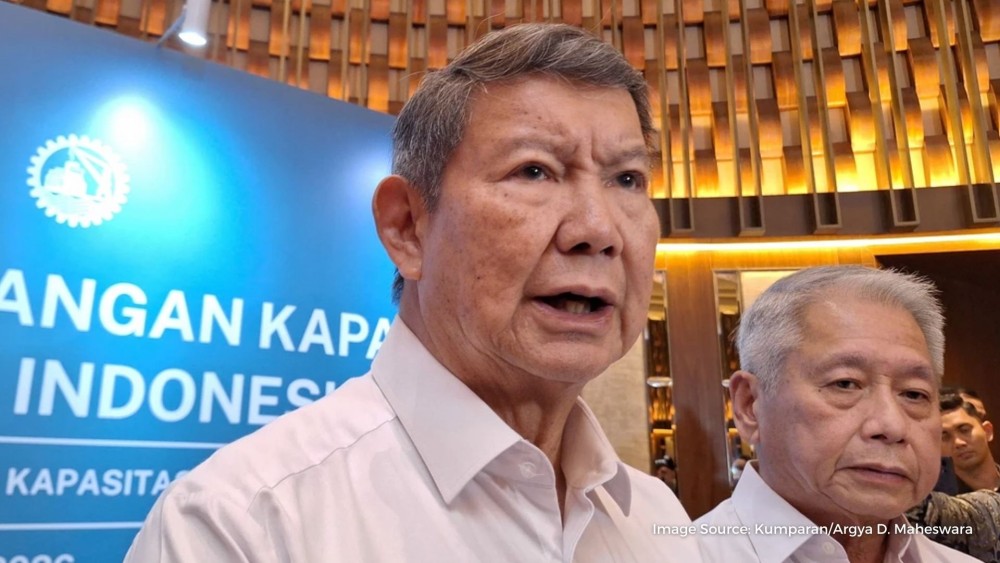Indonesia, Apple Reach Agreement to Lift iPhone 16 Sales Ban
26 Feb 2025

Indonesia and Apple have reached an agreement to lift the ban on iPhone 16 sales in the country, ending months of negotiations between Jakarta and the tech giant.
The agreement, which could be signed as early as this week, follows Apple's commitment to invest in Indonesia's tech sector, as reported by Bloomberg News.
The Indonesian government prohibited the sale of the iPhone 16 model in October after Apple failed to meet local investment regulations. The country had initially required that 40% of smartphones sold domestically be made from locally sourced components. However, Apple did not meet this threshold, leading to a standoff that halted official sales of the device.
To resolve the dispute, Apple proposed a USD 1 billion investment in Indonesia, focusing on the production of smartphone components and other products. This investment is expected to include training programs for local talent in research and development, beyond the scope of the existing Apple academies in the country. However, Apple has no immediate plans to manufacture iPhones in Indonesia.
The government had previously rejected a USD 100 million investment proposal from Apple in November, stating that it did not meet the country’s fairness requirements. The negotiation deadlock led Apple to later propose the significantly larger USD 1 billion investment, which includes plans to build an AirTag manufacturing facility in Indonesia.
Industry Minister Agus Gumiwang Kartasasmita had emphasized that Apple’s previous investment commitments were insufficient compared to what the company had offered other nations. The latest deal suggests a breakthrough in meeting Indonesia’s expectations for foreign direct investment.
Despite the sales ban, Indonesian authorities allowed individuals to bring iPhone 16s into the country for personal use, provided they were not sold commercially. By the end of 2024, an estimated 9,000 units had entered Indonesia through this channel, according to AFP.
Indonesia has taken a firm stance on local content requirements in the smartphone market. Alongside Apple, Google Pixel phones were also banned for failing to meet the 40% local parts mandate. The government’s approach aims to boost investment from global tech firms while ensuring a stronger role for local suppliers in international supply chains.
Apple CEO Tim Cook visited Indonesia last year, meeting with then-President Joko Widodo and his successor, Prabowo Subianto, to discuss investment opportunities. The visit aligned with Apple’s broader strategy to diversify supply chains beyond China, a move that now appears to be bearing fruit in Indonesia.

















